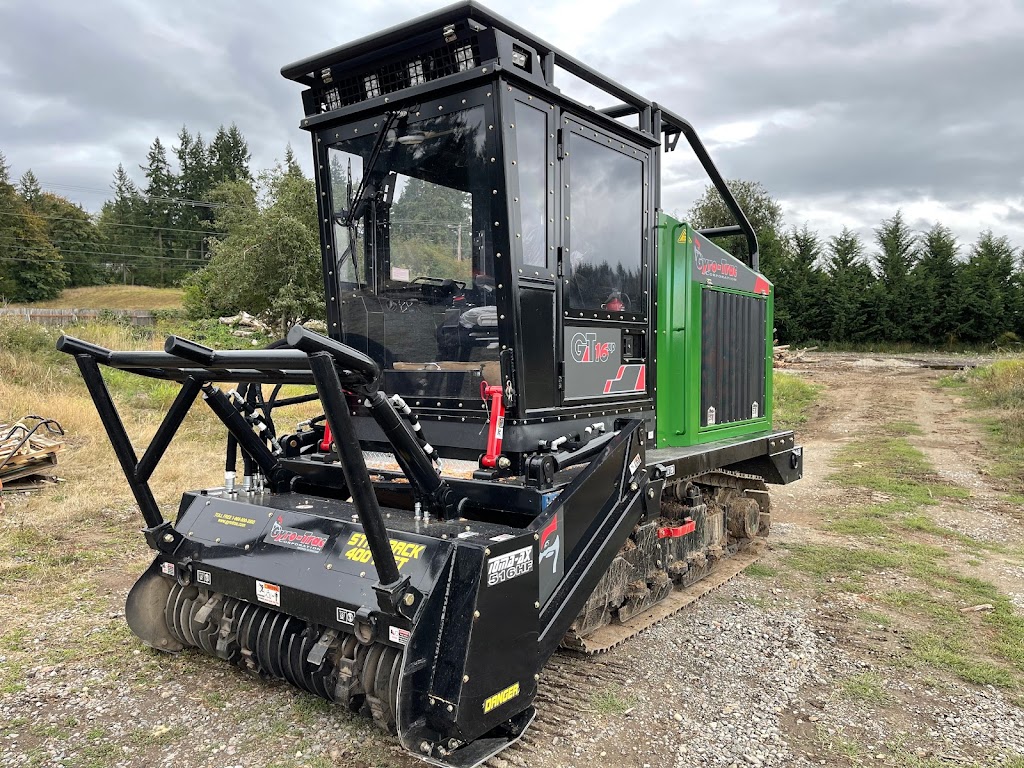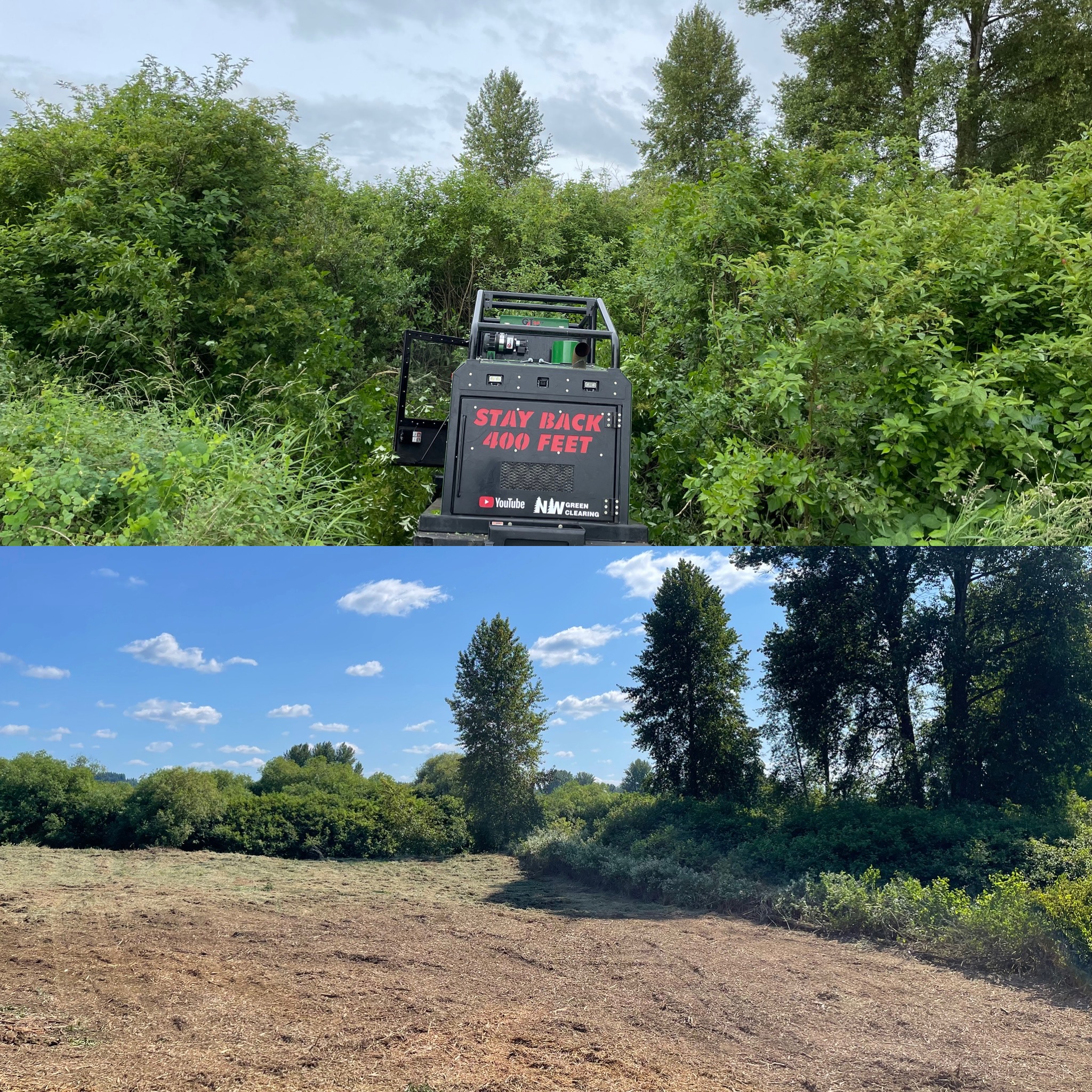What time of year is best for Forest Mulching?

Author: Tyler
Sunday, Aug 13, 2023

The best time for forestry mulching depends on various factors, including the specific goals of the project, the climate of the region, and the type of vegetation being mulched. However, there are some general guidelines to consider.
- 1. Dormant Season: For most forestry mulching projects, the dormant season is often preferred. This typically occurs during late fall, winter, or early spring when deciduous trees have shed their leaves and the vegetation is less active. During this time, the ground is often firmer, making it easier to navigate heavy machinery without causing excessive soil compaction.
- 2. Dry Season: Mulching during a dry period can have advantages, as it reduces the risk of machinery getting stuck in muddy or wet conditions. Dry ground conditions also facilitate better mulching efficiency and minimize potential damage to the soil structure.
- 3. Environmental Considerations: It is crucial to consider any environmental regulations or restrictions in your area. Some regions have specific guidelines regarding clearing activities and the protection of habitats and endangered species. These regulations may dictate the best time for forestry mulching to minimize impacts on sensitive ecosystems.
- 4. Project Goals: The specific goals of your forestry mulching project can also influence the ideal time for the activity. If the aim is to control invasive species or prepare an area for reforestation, the timing may vary. Invasive species management may require specific treatment windows, while site preparation for reforestation may be more flexible depending on the tree planting schedule.
In summary, the best time for forestry mulching is typically during the dormant season, when vegetation is less active, and the ground conditions are suitable. However, it is essential to consider local regulations, environmental factors, and project goals to determine the most appropriate timing for your specific situation.